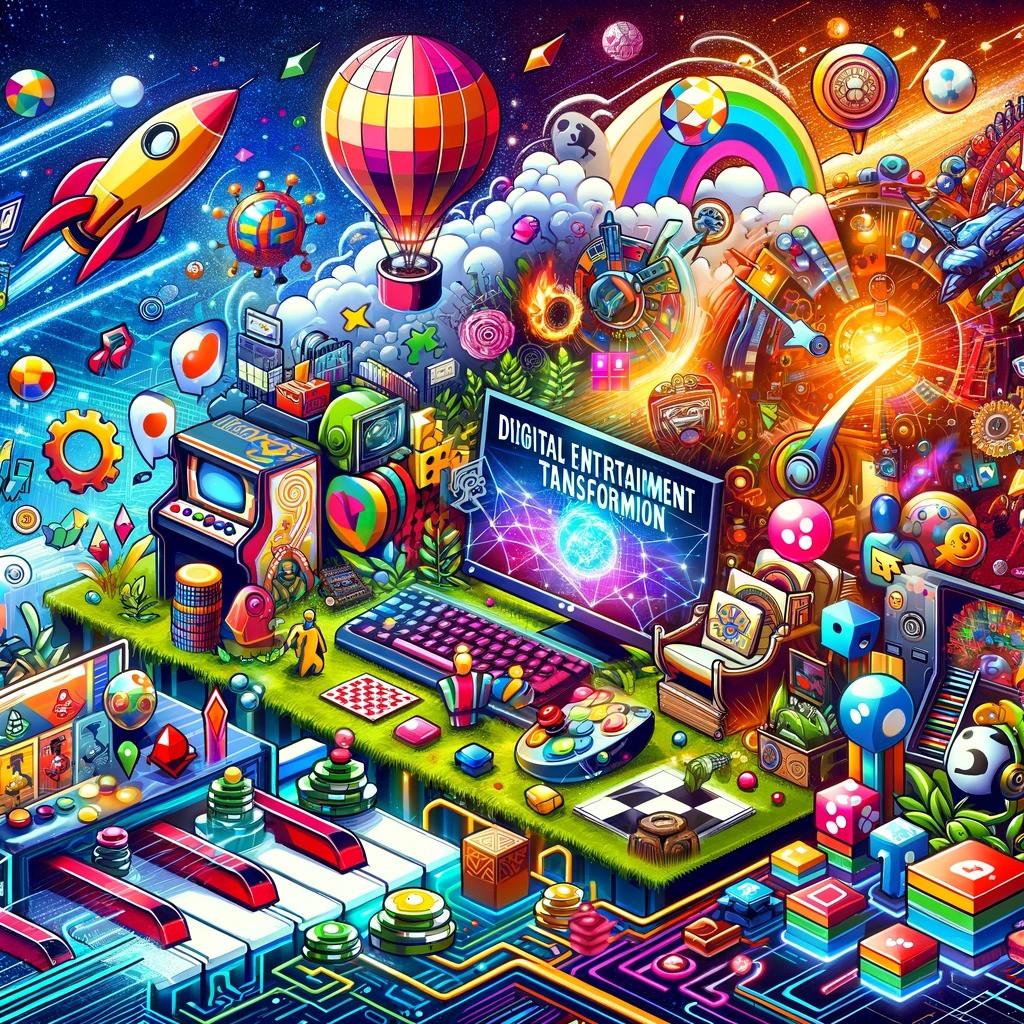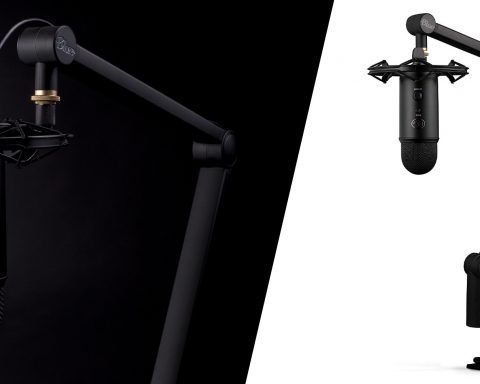Nathan Drake wrote: ↑Sun Jan 24, 2021 10:56 pm
As for PC parts, that seems a little strange. What would GameStop be selling that isn’t immediately known online at other major PC part retailers? Is this a big enough enthusiast market to really matter? Most PC enthusiasts are pretty well knowledgeable in terms of making their computers and can find better prices online. I don’t see a big market for this.
Fry’s Electronics is one of the last significant brick & mortar retail chains to offer competitive pricing on PC parts for custom builds. They’re fairly regional and also appear to be in decline. Last I heard, they were closing stores and failing to restock shelves, although they were being fairly quiet about whether it was pandemic-related or permanent. Other major retailers like Best Buy more or less gave up on that business many years ago, although they still offer a few parts, but not really with the intention of competing with online suppliers. The more common approach seems to be partnering with custom PC builders. I’ve seen people walking out of Best Buys and Walmarts with custom orders from companies like iBuyPower.
The problem here when it comes to Gamestop is they have A LOT of ill will in the PC gaming community that some of the more optimistic investors seem to be glossing over. I vaguely remember it being around the time when the 1st Crysis came out in 2007 that the gaming media world seemed to have declared PC gaming all but dead. At the time, the trend was away from PC exclusives towards cross-platform console-first games with poorly done PC ports. Steam wasn’t nearly as established or popular back then (it actually had immensely negative early reviews, in part because people were still not sure about the paradigm shift to digital), and stores like Gamestop and Walmart were steadily decreasing their PC offerings in favor of console games because that’s where the money was. I remember Crysis being a notable exception, as it made a big splash on PC amidst a sea of bad ports. Furthermore, companies like Gamestop were really doubling down on the exclusive preorder bonus marketing method, which often meant that PC versions of games simply lacked content that was available on console versions from various retailers. It wasn’t until Steam took in a bunch more publishers and opened the floodgates to indie games, plus the rise of Twitch streaming, that PC gaming really made a big comeback, but most physical retailers, especially Gamestop, missed the boat. When Gamestop is mentioned, PC gamers are usually the quickest and loudest to ask, “Wait, that company still exists? Why haven’t they gone out of business?” I suspect most Gamestop bulls forget this important history because they’re either drooling over the growth of PC gaming as investors, or they’re looking at it from the perspective of console gamers who were never really negatively impacted by those decisions.
Gamestop can continue to do okay in tangentially related businesses like selling collectibles and retro games, although even those are dangerous businesses. Retro games are hampered by the fact that they can mostly be pirated and emulated, so there’s a limited pool of buyers willing to pay for old, potentially damaged copies sold at a high markup. They also have the same issue as PC gaming where the company built a lot of ill will from retro gamers for their ripoff trade values and gobbling up all the mom-and-pop retail competition in the 90s. I just don’t see Gamestop sitting well with a lot of retro gamers, and there is already competition dedicated to that space anyway. Collectibles face cheap knockoff competition, although I don’t know how big of an issue that is for limited-run high-dollar items.
I also don’t see how Gamestop fits in the new world. I already went over how they face an uphill battle when it comes to bringing PC gamers back. On PC, there’s just so much digital competition. Steam is obviously king, but you also have Humble Bundle, Epic, Big Fish, G2A, GOG, GMG, Uplay, EA Origin, other publisher-direct stores like Square Enix, the F2P portals, etc. Why in the world would anybody favor Gamestop over all these established players? And when it comes to consoles, you have the online retailers selling physical copies, such as Amazon, Best Buy, Walmart, etc., the 1st party digital stores from Sony, Microsoft, and Nintendo, and now you even have some of the digital code retailers offering console codes as well, such as PS4 codes via GMG (I have no idea how the business deal between them and Sony works, but I can’t imagine there’s much profit for GMG). Are Sony and Nintendo really likely to partner with Gamestop to sell digital codes online? I know they have the physical cards with the digital codes that they sell in stores, but that relies on Gamestop, you know, actually having stores to provide any kind of value, which is losing them money.
I think Gamestop is hopeless as far as returning to its former profitable self. I do think it can come back as a much smaller, leaner digital version of itself, but the question is how small and how much will it be worth? Also, somebody mentioned that Gamestop could revive itself by providing extremely good customer service. Yeah, good luck with that. The company became the antithesis of customer service in the hopes of sucking every last penny of profit out of customers, and when that strategy began to fail, it doubled down. Anybody who has walked into a Gamestop in the past 5 years is emotionally scared from the constant up-selling of garbage. Gamestop could create the best online service ever and it would still have to spend millions just to convince people to give it a chance again. Expecting Gamestop to come back on good customer service would be like expecting Enron to come back on financial transparency in mid-2001. And the 300% growth in online sales is a bit tricky because a lot of that is due to bulk pre-owned deals they offered around the holidays, which were heavily discounted and relied on having substantial used stock, something which they’ve yet to prove will work with an online-first model. They’re talking about mailing in trade-ins, but that’s still an unproven model, and it may well be that without customers going into the store and seeing new games to trade in towards, they may just opt to buy digitally from home in the first place. And even if it works, physical is still a declining market, and one which console makers can pretty much eliminate any time they want.
The only thing that gives me any faith is that it seems the new wave of investors are legitimately interested in rebuilding the company, and I suspect they will go through as many iterations as it takes to find what works. I would not be surprised if they ended up becoming a Microsoft-only retailer that specialized in unique digital game bundles, something like a Humble Bundle for Xbox.







